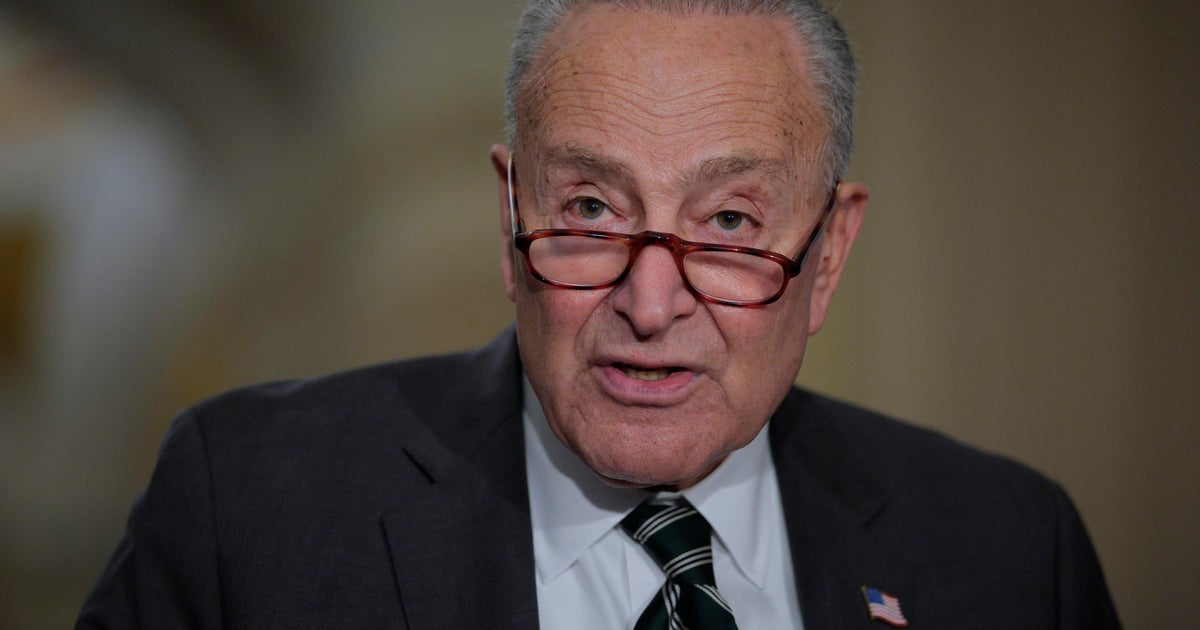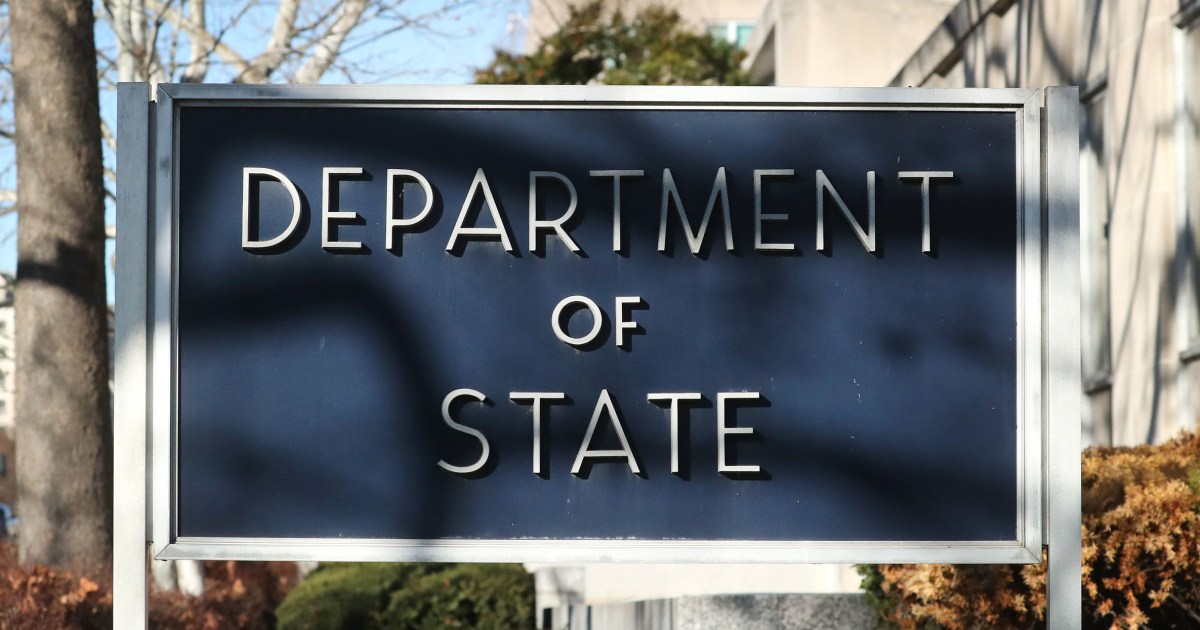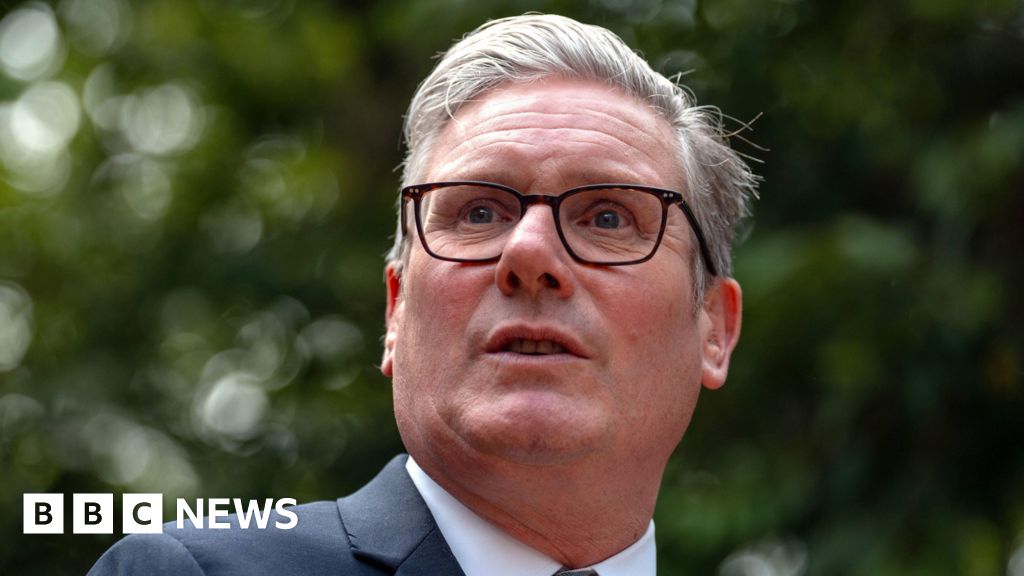Democratic Senators Secure Release of Billions in Government Funds

Introduction
According to sources, Democratic senators have been involved in intense negotiations with Republican leadership in order to secure the release of billions of dollars in government funds. These funds were earmarked for various important programs such as the National Institutes of Health and the World Food Program. The negotiations were led by Senate Minority Leader Chuck Schumer and were centered around the confirmation of certain deals.
Key Details
The release of these funds is crucial for the smooth functioning of these important programs. The National Institutes of Health is responsible for conducting research on various diseases and developing treatments. The World Food Program, on the other hand, provides aid to countries facing food shortages and famine. These programs rely heavily on government funding to carry out their operations. The negotiations between the two parties were focused on finding a middle ground that would satisfy both sides and ensure the release of the funds.
Impact
If the negotiations are successful, it could have a significant impact on the functioning and success of these programs. The release of the funds will not only allow them to continue their important work, but also provide much-needed relief to the communities they serve. It also highlights the importance of compromise and bipartisanship in order to ensure the smooth functioning of our government and the programs it supports. The confirmation deals being negotiated will also have a lasting impact on various policy decisions and appointments, making these negotiations a crucial and complex
About the Organizations Mentioned
National Institutes of Health
The **National Institutes of Health (NIH)** is the United States' foremost federal agency dedicated to biomedical and public health research, operating under the Department of Health and Human Services. Established in 1887 initially as the Hygienic Laboratory, it has since evolved into the largest biomedical research funder globally, with an annual budget of approximately $47–48 billion and a workforce of about 18,700 employees[2][4][7]. NIH’s mission is to seek fundamental knowledge about living systems and apply that knowledge to enhance health, extend life, and reduce illness and disability. It achieves this by conducting direct research, funding studies at universities and hospitals nationwide, training scientists, and disseminating medical information[1][2][7]. The agency comprises 27 specialized Institutes and Centers (ICs), each focused on specific diseases or biological systems, such as cancer, heart disease, infectious diseases, aging, and neurological disorders[1][3][8]. Key historical milestones include its formalization as the nation’s primary medical research agency in 1944 under the Public Health Service Act and major expansions during the mid-20th century. One of its landmark achievements was leading the Human Genome Project (1990–2003), which mapped the human DNA sequence and revolutionized genetics and personalized medicine[2][3]. NIH research has contributed to many medical breakthroughs, including vaccines for hepatitis, human papillomavirus (HPV), and bacterial infections, as well as treatments for bipolar disorder and tooth decay prevention[3]. Its intramural research program is the world’s largest biomedical research enterprise, while its extramural funding supports over a quarter of all U.S. biomedical research annually[3]. Located primarily in Bethesda, Maryland, with facilities nationwide, NIH is noted for its scientific rigor, public accountability, and fostering innovation that drives advances in biotechnology, pharmaceuticals, and healthcare. It remains a critical institution at the intersection of science, technology, and public health polic
World Food Program
The **World Food Programme (WFP)**, founded in 1961 and headquartered in Rome, is the largest humanitarian organization globally, specializing in food assistance and nutrition[1]. Operating in over 120 countries with offices in 87, WFP supports more than 150 million people annually through emergency food relief, development programs, and technical assistance aimed at building resilience against crises like conflict and climate change[1][5]. WFP’s mission extends beyond immediate hunger relief to combating malnutrition, supporting smallholder farmers, and enhancing food systems. It targets nutrition from pregnancy through early childhood, addressing deficiencies and promoting healthy diets. In 2025, it supported 27.6 million people with nutrition programs and provided school meals or cash transfers to 20 million children in 61 countries, improving education access and local economies via home-grown school feeding initiatives[2][6]. Smallholder farmers, who produce most of the world’s food, receive training, finance access, and market support; in 2024, these farmers sold over 212,000 metric tons of food worth $127 million with WFP’s help[2]. WFP also innovates through technology and data-driven solutions, such as blockchain platforms for cash transfers and drone assessments, to enhance efficiency and transparency in aid delivery. Its Innovation Accelerator has developed cutting-edge projects benefiting over 60 million people since 2015[5]. Additionally, WFP manages vital logistics services like the UN Humanitarian Air Service and the Emergency Telecommunications Cluster to ensure aid reaches those in need swiftly[5]. Recognized for its impact, WFP was awarded the Nobel Peace Prize in 2020 for its efforts to provide food in conflict zones and prevent food from being used as a weapon of war[1][4]. As a key UN entity focused on achieving Sustainable Development Goal 2—zero hunger by 2030—WFP collaborates with governments, NGOs, and the private sector to tackle hunger’s root causes and foster sustainabl
















